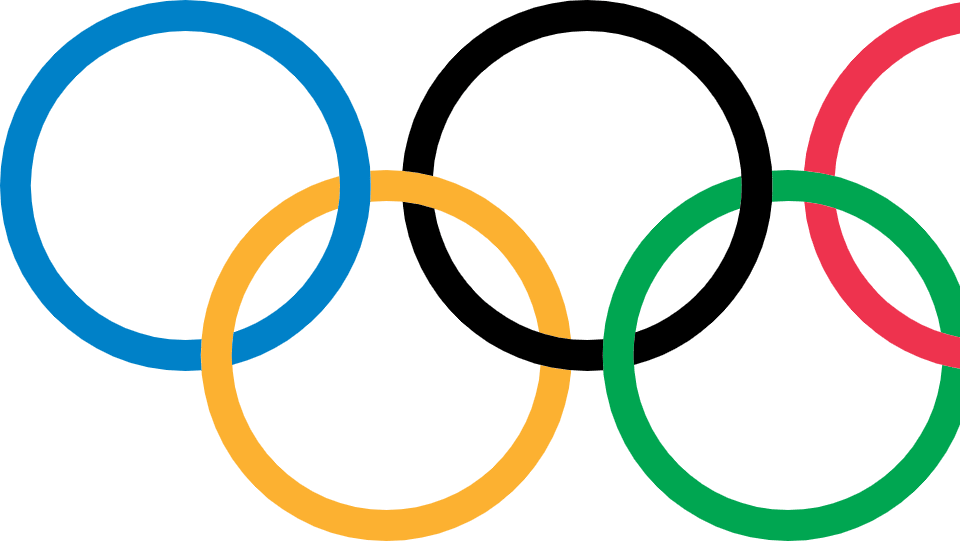Roles and responsibilities at the Olympic Games
There are numerous different entities involved in organising the Olympic Games. Four of the main organisations are highlighted in the Olympic Charter.

They are the International Olympic Committee (IOC), the National Olympic Committees (NOCs), the International Federations (IFs), and the Organising Committee for the Olympic Games (OCOG). Each one of them plays a key role in ensuring that the Games are a success and that the athletes and fans have an unforgettable Olympic experience.
The International Olympic Committee
The IOC is the guardian of the Olympic Games. It is the ultimate authority on any question relating to the Games and is responsible for a number of key elements in the organisation of the Olympics. For example, it is the IOC membership that elects the host city following a rigorous bidding process; its Coordination Commission follows the preparations of the Games closely and provides support through its knowledge and expertise; it contributes a significant amount to the OCOGs’ budget; and it invites the NOCs to compete at the Games. Olympic Broadcast Services (OBS), which was created by the IOC in 2001, also provides the images and sound of the Games to the Rights-Holding Broadcasters, allowing the watching world to get right to the heart of the action.
National Olympic Committees
There are currently over 200 NOCs recognised by the IOC and they are the bodies that represent and promote the Olympic Movement within their respective countries and territories. The NOCs are key players in the Games organisation, as they select the city that will represent it during the bidding phase and are jointly responsible for the actions and conduct of the applicant city. After a city’s election, it is the NOC and host city that are entrusted with the organisation of the Games and it is the NOC that establishes the OCOG. Perhaps the most essential task of the NOC is to constitute, organise and lead their teams at the Games, as well as selecting the media to be accredited from their territory.
International Federations
The International Federations are essential to the success of the Olympics because they run their respective sports during the Games. The IFs set the rules for their sport and they are responsible for the technical control and direction of their sports. Each IF also sets the eligibility criteria for the competitions at the Games, as well as submitting the qualification criteria to the IOC and organising qualifying events in order to select the competitors or teams participating at the Games. The competition schedule for their events is validated by each IF, which also nominates the referees, judges and other technical officials. Finally, the IFs establish the final results and ranking of each event, which the IOC then uses to award the medals.
The Organising Committees
The OCOG is the organisation that is responsible for delivering an edition of the Olympic Games and is established by the NOC, from which time it reports directly to the IOC Executive Board. Its work is largely guided by the Host City Contract, technical manuals, and the bid book submitted during the candidature phase. The OCOG establishes the different functions and services for all aspects of the Games, such as sport, venues, finance, technology, accommodation, catering, media services, etc. As well as the planning, the OCOG also runs the related operations at Games time. The OCOG works closely with the three groups mentioned above, as well as a myriad of partners and local stakeholders in order to deliver its vision of the Games.